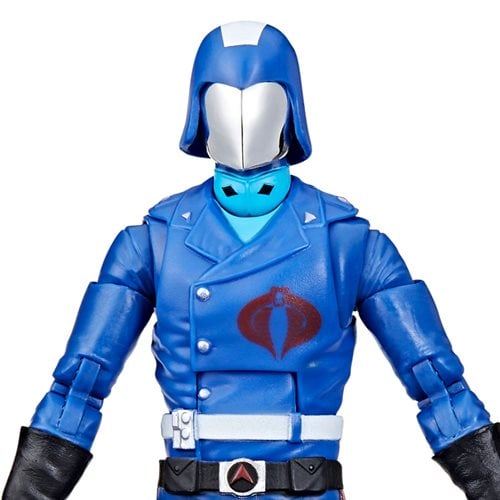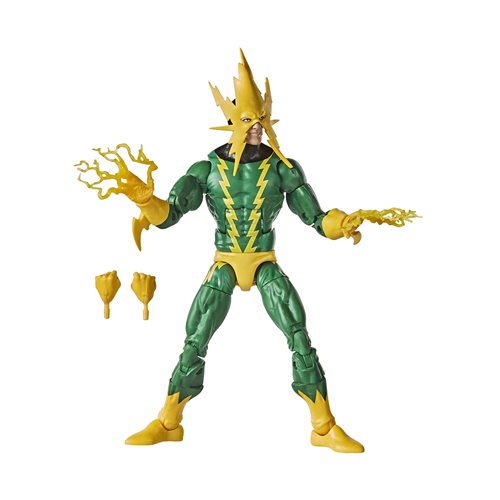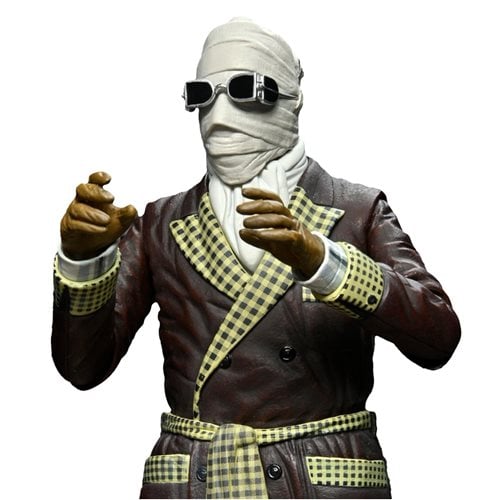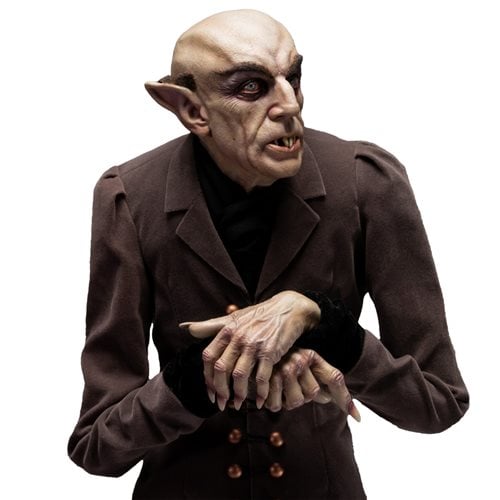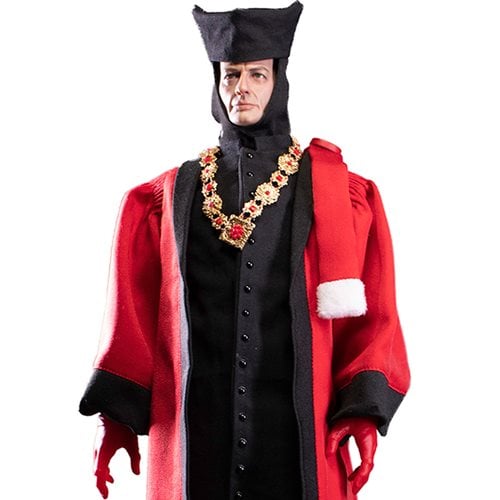 TorontoFilm.Net reports that the TIFF Bell Lightbox run of director Roman Polanski's "Carnage", opens Friday December 30, 2011.
TorontoFilm.Net reports that the TIFF Bell Lightbox run of director Roman Polanski's "Carnage", opens Friday December 30, 2011.TIFF will also host a retrospective looking back at specific films during Polanski's career, tracing the recurring themes that have shaped his vision.
 "ROMAN POLANSKI" runs December 17 - December 25, 2011, including special screenings of the features "Knife in the Water", "Cul-de-sac", "Chinatown", "Repulsion", "The Tenant", "Rosemary's Baby", and "The Ghost Writer" :
"ROMAN POLANSKI" runs December 17 - December 25, 2011, including special screenings of the features "Knife in the Water", "Cul-de-sac", "Chinatown", "Repulsion", "The Tenant", "Rosemary's Baby", and "The Ghost Writer" :
 "...In a career spanning more than fifty years, Roman Polanski has firmly established himself as one of the contemporary masters of cinema with his nerve-wrackingly suspenseful and darkly comic portraits of cruelty, violence, claustrophobia and madness.
"...In a career spanning more than fifty years, Roman Polanski has firmly established himself as one of the contemporary masters of cinema with his nerve-wrackingly suspenseful and darkly comic portraits of cruelty, violence, claustrophobia and madness.
 "ROMAN POLANSKI" runs December 17 - December 25, 2011, including special screenings of the features "Knife in the Water", "Cul-de-sac", "Chinatown", "Repulsion", "The Tenant", "Rosemary's Baby", and "The Ghost Writer" :
"ROMAN POLANSKI" runs December 17 - December 25, 2011, including special screenings of the features "Knife in the Water", "Cul-de-sac", "Chinatown", "Repulsion", "The Tenant", "Rosemary's Baby", and "The Ghost Writer" :
 "...In a career spanning more than fifty years, Roman Polanski has firmly established himself as one of the contemporary masters of cinema with his nerve-wrackingly suspenseful and darkly comic portraits of cruelty, violence, claustrophobia and madness.
"...In a career spanning more than fifty years, Roman Polanski has firmly established himself as one of the contemporary masters of cinema with his nerve-wrackingly suspenseful and darkly comic portraits of cruelty, violence, claustrophobia and madness. "Often confining his characters within suffocatingly cloistered locations—a sailboat on a lonely lake, a crumbling castle, an isolated beach house and a succession of ominous apartment houses—Polanski observes with cynical, diabolical glee as the thin pretenses of civilization are quickly stripped away in the face of human vanities, anxieties, pettiness and weakness..."
"Often confining his characters within suffocatingly cloistered locations—a sailboat on a lonely lake, a crumbling castle, an isolated beach house and a succession of ominous apartment houses—Polanski observes with cynical, diabolical glee as the thin pretenses of civilization are quickly stripped away in the face of human vanities, anxieties, pettiness and weakness..." "Knife in the Water" was shot by Polanski in 1962 using only three performers, marking his debut as a feature-length director. Two of the actors, Jolanta Umecka and Zygmunt Malanowicz had virtually no previous professional acting experience. The film won the 'Golden Wolf' at the 1963 Bucharest Film Festival and was nominated for Best Foreign Language Film at the 1963 Academy Awards :
"Knife in the Water" was shot by Polanski in 1962 using only three performers, marking his debut as a feature-length director. Two of the actors, Jolanta Umecka and Zygmunt Malanowicz had virtually no previous professional acting experience. The film won the 'Golden Wolf' at the 1963 Bucharest Film Festival and was nominated for Best Foreign Language Film at the 1963 Academy Awards : "...A journalist, his wife and a hitchhiker spend a day aboard a sailboat, with the underlying menace of sex and violence in a tense psychological drama..."
"...A journalist, his wife and a hitchhiker spend a day aboard a sailboat, with the underlying menace of sex and violence in a tense psychological drama...""Cul-de-Sac" was shot in 1965 on location on the island of Lindisfarne off the coast of Northumberland, England @ Lindisfarne Castle. The feature was awarded the 1966 'Golden Bear' at the 16th Berlin International Film Festival :
 "...gangster 'Dickie' pushes his broken-down car through rising seawater while his companion 'Albie' lies inside, bleeding from a gunshot wound after a bungled robbery. Cut off by the unexpected rising tide, they are on the only road to a bleak and remote tidal island where, in a dark castle on a hilltop, 'George' lives with his young wife 'Teresa'. Dickie then proceeds to hold the two hostage while awaiting rescue by his boss, the mysterious 'Katelbach', even throughout an unexpected visit from one of George's old work colleagues..."
"...gangster 'Dickie' pushes his broken-down car through rising seawater while his companion 'Albie' lies inside, bleeding from a gunshot wound after a bungled robbery. Cut off by the unexpected rising tide, they are on the only road to a bleak and remote tidal island where, in a dark castle on a hilltop, 'George' lives with his young wife 'Teresa'. Dickie then proceeds to hold the two hostage while awaiting rescue by his boss, the mysterious 'Katelbach', even throughout an unexpected visit from one of George's old work colleagues..."
 "Chinatown" was nominated for eleven Academy Awards, winning in the category of Best Original Screenplay for Robert Towne. In 1991, Chinatown was selected for preservation in the United States National Film Registry by the Library of Congress as being "culturally, historically, or aesthetically significant".
"Chinatown" was nominated for eleven Academy Awards, winning in the category of Best Original Screenplay for Robert Towne. In 1991, Chinatown was selected for preservation in the United States National Film Registry by the Library of Congress as being "culturally, historically, or aesthetically significant".
 The story, set in Los Angeles in 1937, was inspired by the 'California Water Wars', the historical disputes over land and water rights that had raged in southern California during the 1910's and 1920's, in which William Mulholland acted on behalf of Los Angeles interests to secure water rights in the Owens Valley :
The story, set in Los Angeles in 1937, was inspired by the 'California Water Wars', the historical disputes over land and water rights that had raged in southern California during the 1910's and 1920's, in which William Mulholland acted on behalf of Los Angeles interests to secure water rights in the Owens Valley :
 "...gangster 'Dickie' pushes his broken-down car through rising seawater while his companion 'Albie' lies inside, bleeding from a gunshot wound after a bungled robbery. Cut off by the unexpected rising tide, they are on the only road to a bleak and remote tidal island where, in a dark castle on a hilltop, 'George' lives with his young wife 'Teresa'. Dickie then proceeds to hold the two hostage while awaiting rescue by his boss, the mysterious 'Katelbach', even throughout an unexpected visit from one of George's old work colleagues..."
"...gangster 'Dickie' pushes his broken-down car through rising seawater while his companion 'Albie' lies inside, bleeding from a gunshot wound after a bungled robbery. Cut off by the unexpected rising tide, they are on the only road to a bleak and remote tidal island where, in a dark castle on a hilltop, 'George' lives with his young wife 'Teresa'. Dickie then proceeds to hold the two hostage while awaiting rescue by his boss, the mysterious 'Katelbach', even throughout an unexpected visit from one of George's old work colleagues..."
 "Chinatown" was nominated for eleven Academy Awards, winning in the category of Best Original Screenplay for Robert Towne. In 1991, Chinatown was selected for preservation in the United States National Film Registry by the Library of Congress as being "culturally, historically, or aesthetically significant".
"Chinatown" was nominated for eleven Academy Awards, winning in the category of Best Original Screenplay for Robert Towne. In 1991, Chinatown was selected for preservation in the United States National Film Registry by the Library of Congress as being "culturally, historically, or aesthetically significant".
 The story, set in Los Angeles in 1937, was inspired by the 'California Water Wars', the historical disputes over land and water rights that had raged in southern California during the 1910's and 1920's, in which William Mulholland acted on behalf of Los Angeles interests to secure water rights in the Owens Valley :
The story, set in Los Angeles in 1937, was inspired by the 'California Water Wars', the historical disputes over land and water rights that had raged in southern California during the 1910's and 1920's, in which William Mulholland acted on behalf of Los Angeles interests to secure water rights in the Owens Valley : "...private detective 'Jake Gittes' finds himself overwhelmed in a scandalous case involving the rich and powerful of Los Angeles where everybody thinks they know what's going on, but really have no idea of what they are getting into..."
"...private detective 'Jake Gittes' finds himself overwhelmed in a scandalous case involving the rich and powerful of Los Angeles where everybody thinks they know what's going on, but really have no idea of what they are getting into..."
 "Repulsion", Polanski's first film in English is the first of his "apartment trilogy" (the other two being "Rosemary's Baby" (1968) and "The Tenant" (1976). The film was shot in black and white, increasingly adopting the perspective of its protagonist. At the 15th Berlin International Film Festival in 1965, "Repulsion" won both the 'FIPRESCI' Prize and the 'Silver Berlin Bear-Extraordinary Jury Prize :
"Repulsion", Polanski's first film in English is the first of his "apartment trilogy" (the other two being "Rosemary's Baby" (1968) and "The Tenant" (1976). The film was shot in black and white, increasingly adopting the perspective of its protagonist. At the 15th Berlin International Film Festival in 1965, "Repulsion" won both the 'FIPRESCI' Prize and the 'Silver Berlin Bear-Extraordinary Jury Prize :"...a young French girl who is repulsed and attracted by sex, is left alone when her sister goes on vacation. Her facade of stability begins to crack, with violent and bizarre results..."
 "The Tenant" (1976), is a psychological thriller, based on the 1964 novel "Le locataire chimérique" by author Roland Topor. Polanski received no acting credit, despite the fact he plays the lead character. While the main character is clearly paranoid to some extent, the film does not entirely reveal whether everything takes place in his head or if the strange events happening around him exist at least partially :
"The Tenant" (1976), is a psychological thriller, based on the 1964 novel "Le locataire chimérique" by author Roland Topor. Polanski received no acting credit, despite the fact he plays the lead character. While the main character is clearly paranoid to some extent, the film does not entirely reveal whether everything takes place in his head or if the strange events happening around him exist at least partially :
 "...'Trelkovsky' (Polanski) rents an apartment in an old residential building, where his neighbors eye him with suspicious contempt. Upon discovering that the apartment's previous tenant, a beautiful young woman, jumped from the window in a suicide attempt, Trelkovsky begins obsessing over the dead woman. Growing increasingly paranoid, Trelkovsky convinces himself that his neighbors plan to kill him and 'Stella', a woman he has fallen in love with is in on the 'plot'..."
"...'Trelkovsky' (Polanski) rents an apartment in an old residential building, where his neighbors eye him with suspicious contempt. Upon discovering that the apartment's previous tenant, a beautiful young woman, jumped from the window in a suicide attempt, Trelkovsky begins obsessing over the dead woman. Growing increasingly paranoid, Trelkovsky convinces himself that his neighbors plan to kill him and 'Stella', a woman he has fallen in love with is in on the 'plot'..."
 "The Tenant" (1976), is a psychological thriller, based on the 1964 novel "Le locataire chimérique" by author Roland Topor. Polanski received no acting credit, despite the fact he plays the lead character. While the main character is clearly paranoid to some extent, the film does not entirely reveal whether everything takes place in his head or if the strange events happening around him exist at least partially :
"The Tenant" (1976), is a psychological thriller, based on the 1964 novel "Le locataire chimérique" by author Roland Topor. Polanski received no acting credit, despite the fact he plays the lead character. While the main character is clearly paranoid to some extent, the film does not entirely reveal whether everything takes place in his head or if the strange events happening around him exist at least partially :
 "...'Trelkovsky' (Polanski) rents an apartment in an old residential building, where his neighbors eye him with suspicious contempt. Upon discovering that the apartment's previous tenant, a beautiful young woman, jumped from the window in a suicide attempt, Trelkovsky begins obsessing over the dead woman. Growing increasingly paranoid, Trelkovsky convinces himself that his neighbors plan to kill him and 'Stella', a woman he has fallen in love with is in on the 'plot'..."
"...'Trelkovsky' (Polanski) rents an apartment in an old residential building, where his neighbors eye him with suspicious contempt. Upon discovering that the apartment's previous tenant, a beautiful young woman, jumped from the window in a suicide attempt, Trelkovsky begins obsessing over the dead woman. Growing increasingly paranoid, Trelkovsky convinces himself that his neighbors plan to kill him and 'Stella', a woman he has fallen in love with is in on the 'plot'...""Rosemary's Baby" (1968), written and directed by Polanski, produced by William Castle, based on the bestselling 1967 novel "Rosemary's Baby" by author Ira Levin, was a massive commercial success during its release, earning over $33 million in the US on a budget of $2.3 million. The film also earned an Academy Award for Best Supporting Actress Ruth Gordon, with Polanski nominated for Best Adapted Screenplay :
 "...a young woman, innocent and religious, and her husband, ambitious and agnostic, move into a new apartment. Soon the woman is pregnant, but she begins to realize that she has fallen into a coven of 'witches' and 'warlocks' and that they claim the child as the 'antichrist'..."
"...a young woman, innocent and religious, and her husband, ambitious and agnostic, move into a new apartment. Soon the woman is pregnant, but she begins to realize that she has fallen into a coven of 'witches' and 'warlocks' and that they claim the child as the 'antichrist'..."  "The Ghost Writer" (2010) is an adaptation of author Robert Harris' novel, "The Ghost", with the screenplay adapted by both Polanski and Harris. The film has won numerous European film awards including the 'Silver Bear' award for Best Director at the 60th Berlin International Film Festival :
"The Ghost Writer" (2010) is an adaptation of author Robert Harris' novel, "The Ghost", with the screenplay adapted by both Polanski and Harris. The film has won numerous European film awards including the 'Silver Bear' award for Best Director at the 60th Berlin International Film Festival :
 "...a ghostwriter, hired to complete the memoirs of a former British prime minister (Tony Blair) uncovers secrets that put his own life in jeopardy..."
"...a ghostwriter, hired to complete the memoirs of a former British prime minister (Tony Blair) uncovers secrets that put his own life in jeopardy..."
Click the images to enlarge ...
































